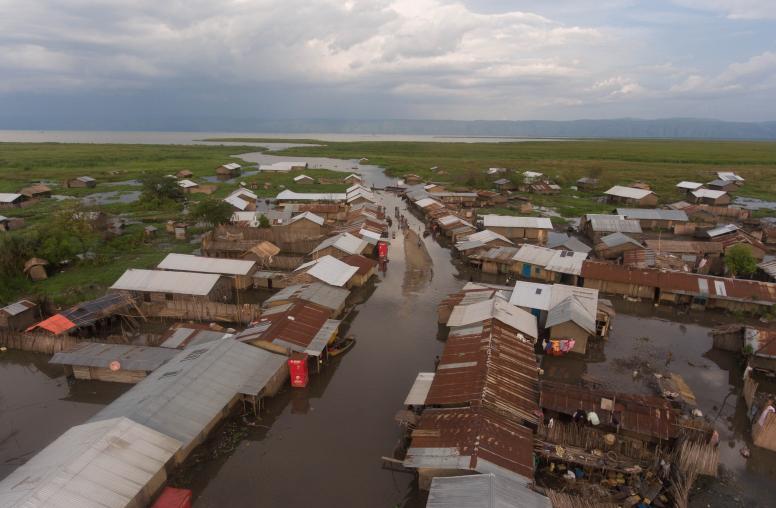How to Talk About People Disengaging from Violent Extremism
The Power of Strategic Language
Around the world, many countries face a challenging security question: what to do with citizens who have joined violent extremist groups. While many face criminal trial, thousands who traveled to live with ISIS will have to reintegrate into their communities, meaning rehabilitation must play a central role in any realistic security approach. Based on experience and research, this rehabilitation is possible through a two-way “re-humanization” effort. Yet we currently lack the language in public discourse to talk about those disengaging from violent extremism without reinforcing stigmas that hinder reconciliation.
It is critical for returning persons and community members to again see and treat each other as people with whom they share a basic human nature. Prosocial engagement between returning persons and community members and institutions is key to that effort. However, public discourse insists on using language steeped in fear and anger: the returning persons are “terrorists,” “jihadists,” “ISIS brides,” or “fighters.” The stigma this language produces is a self-fulfilling prophecy—it impedes empathy, erects barriers to prosocial engagement, and perpetuates the isolation and dehumanization that often fuels violent radicalization in the first place.
On August 6, USIP discussed the cognitive underpinnings of language and perception in violent radicalization and rehabilitation. The panel explored examples of other social challenges where the deliberate use of language has been used to reduce stigma and create opportunities for prosocial engagement for highly stigmatized populations.
Continue the conversation on Twitter with #ReintegratingExtremists.
Speakers
Dr. Arie Kruglanski
Distinguished University Professor, University of Maryland
Shannon Foley Martinez
Consultant for the prevention and disruption of targeted identity violence
Dr. Hollie Nyseth-Brehm
Associate Professor of Sociology, The Ohio State University
Dr. Paul Thibodeau
Assistant Professor of Psychology, Oberlin College and Conservatory
Leanne Erdberg, moderator
Director, Countering Violent Extremism, U.S. Institute of Peace



